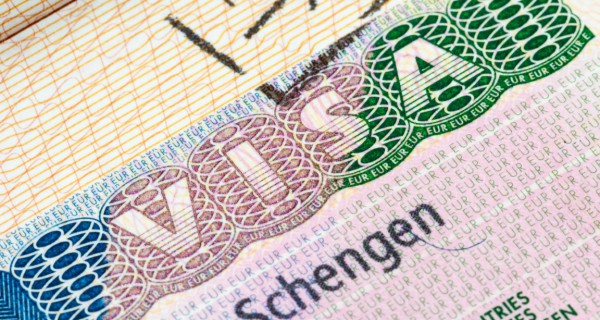The European blue card: the application in a nutshell

The EU Blue Card is a combined residence and work permit, based on current European regulations. It is similar to the Dutch Highly Skilled Migrants Scheme in that it is aimed at attracting highly qualified expatriates from outside the EU. However, despite its relatively understandable conditions, this permit is less attractive for employers, due to the high salary threshold that is included.
Conditions
The most important conditions at a glance:
- You have an employment contract which is valid for at least twelve months for a highly qualified job with a Dutch employer.
- Your salary meets the minimum wage set in the conditions for the Blue Card. This minimum wage is reviewed annually on 1 January.
- You have completed at least a 3-year bachelor's program in higher education. Foreign diplomas must be approved by Nuffic.
Additional terms and conditions may apply. Please contact us if you have any questions.
Permit validity period
The permit is valid for the duration of the employment contract and may be extended for an extra period of 3 months. A maximum term of 4 years is set.
The application procedure
Mynta Law can prepare and process the application on your behalf or on behalf of your referent. The application procedure in most cases is as follows:
Step 1: Choosing the right application
Mynta Law can help you and your referent to quickly select the most appropriate request. This means that we determine which type of residence permit is the most suitable in your situation. We also assess whether you need a provisional residence permit (also called MVV), or whether you can apply for a full residence permit without an MVV.
Step 2: Submit the request and pay costs
If your employer authorizes us to do so, we can submit your application online for you. In other cases, we can also submit the application in writing. In the application form, you will be able to indicate from which IND office you would like to collect your residence document once your application has been aproved.
Step 3: The IND assesses the application and makes a decision
The IND assesses the application and checks whether you meet all the conditions. Is the application complete? Then the IND usually makes a decision within 30 days.
If the IND rejects your application, we will of course inform you of your rights and about the possibilities for challenging the decision.
Step 4: Completing the procedure
Once the application has been granted, you can pick up your residence document at the IND office you chose in step 2. If you have applied for an entry visa, you will also now be able to collect it. Finally, you may need to register with your municipality (City Hall). Mynta Law will assist you in all these practical matters.
Which documents do we need?
In order to be able to assess whether you are eligible for the residence permit, we need at least the following documents:
- A copy of your passport (all pages with stamps or visas).
- Your current residence permit (if you have one).
- Your CV.
- Your highest degree certificate
- Your employment contract (if you already have one).
It is possible that we will require more documents from you, depending on your specific situation.
Still have questions?
Feel free to ask your lawyer any questions you may have. If you are not yet a client and have questions, please feel free to contact us by phone (+31702051160) or ask your question via email.
Related articles
- Dutch student visa: everything that you need to know
- Possibly longer search period for some (settled) highly skilled migrants
- Introducing the Entry/Exit System: Are you ready for the EES?
- Dutch American Friendship Treaty: how to renew your entrepreneur permit successfully
- Highly skilled migrant and sick leave
- Brexit permanent residence despite deregistration from the BRP system
- Removal of labour market restrictions for EU long term permit holders who study in the Netherlands
- Permanent residence and former international students who stayed outside the Netherlands during the COVID pandemic
